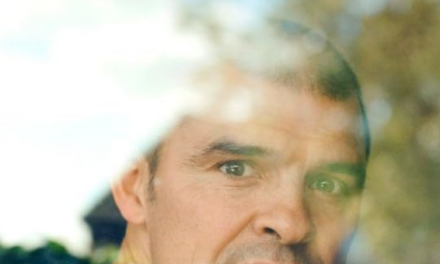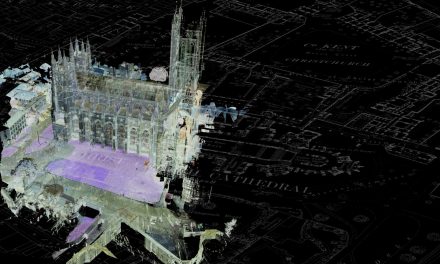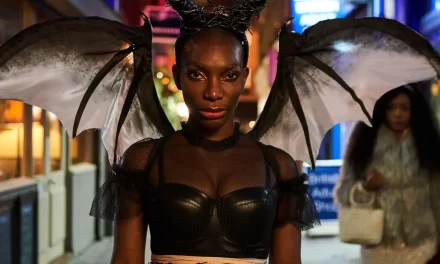At the outset of Space and Place: The Perspective of Experience, Yi-Fu Tuan observes, “Space and place are basic components of the lived world; we take them for granted. When we think about them, however, they may assume unexpected meanings and raise questions we have not thought to ask.” Power relations are often negotiated through space and embedded in place, and these dynamics resonate through and within media. As such, media studies stands to offer an important contribution to the critical study of space and place, just as this important area of study may help us to reorient and reimagine foundational premises and concerns within our field.
Studies of space and place, both real and represented, have developed across multiple areas of inquiry within media studies, from theory to history to criticism and analysis. The turn toward transnationalism within the examination of national cinemas has reorganized ongoing investments in understandings of nation, borders, and cultural identities. Scholarship at the intersection of urban studies and media studies has analyzed media texts alongside the history of architecture and of urban development. Following foundational work on movie theaters and living rooms, recent work in media studies has considered the video store, the arcade, and airplanes as spaces of media consumption. Scholars have shown how public policy not only shapes access to media but its very content — fundamental concerns for conceptions of local, regional, and national media as well as the identities of its producers and consumers. This interdisciplinary and innovative scholarship inspires the next issue of The Velvet Light Trap, which seeks articles that offer generative case studies in media history, theory, or analysis while also advancing the various avenues of spatial inquiry in media studies.
We seek original scholarship of 6,000-7,500 words that engages with the politics of space and place, either real or represented. What areas have gone understudied in the current work in the field? What value may be found in studying differences in the rural, the urban, the local, the regional, the national — and all other designations of place — within media narratives, production, distribution, and consumption? How might studies of space decenter or revise established notions of authorship, genre, textuality, and industry?
Possible areas of inquiry include but are not limited to:
- Mobility, migration, and borders
- Spaces and places of exhibition
- Architecture, cultural geography, or public policy in media studies
- Performance and space
- (Re)constructing place in film and television
- Space and/in genre
- Locative media and the technologies of space/place
- Local and/or regional media
- Identity, belonging, and place
- Questions of accessing media(ted) spaces
- Place and affect, memory, and nostalgia
- Spaces of media(ted) protests
Submission Guidelines
Submissions should be between 6,000 and 7,500 words, formatted in Chicago Style. Please submit an electronic copy of the paper, along with a separate one-page abstract, both saved as a Microsoft Word file. Remove any identifying information so that the submission is suitable for anonymous review. Quotations not in English should be accompanied by translations. Send electronic manuscripts and/or any questions to vltcfp@gmail.com by January 15, 2018.
About the Journal
TVLT is a scholarly, peer-reviewed journal of film, television, and new media. The journal draws on a variety of theoretical and historiographical approaches from the humanities and social sciences and welcomes any effort that will help foster the ongoing processes of evaluation and negotiation in media history and criticism. While TVLT maintains its traditional commitment to the study of American film, it also expands its scope to television and other media, to adjacent institutions, and to other nations’ media. The journal encourages both approaches and objects of study that have been neglected or excluded in past scholarship.





